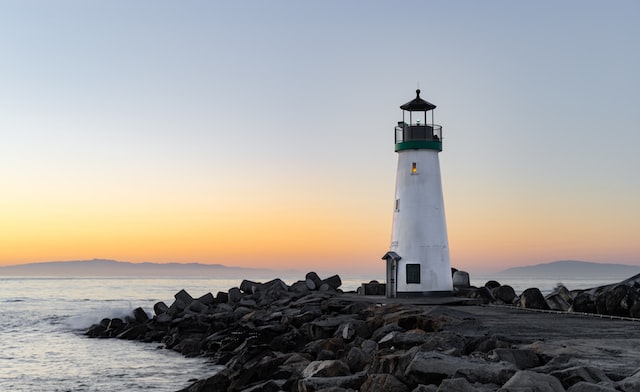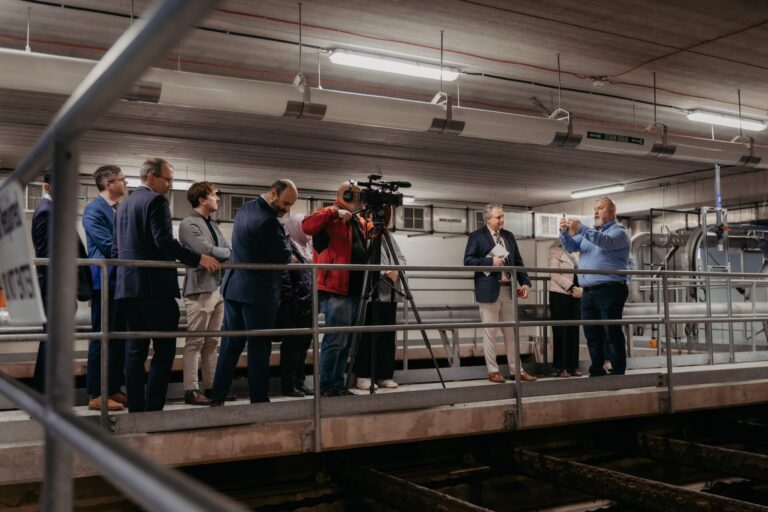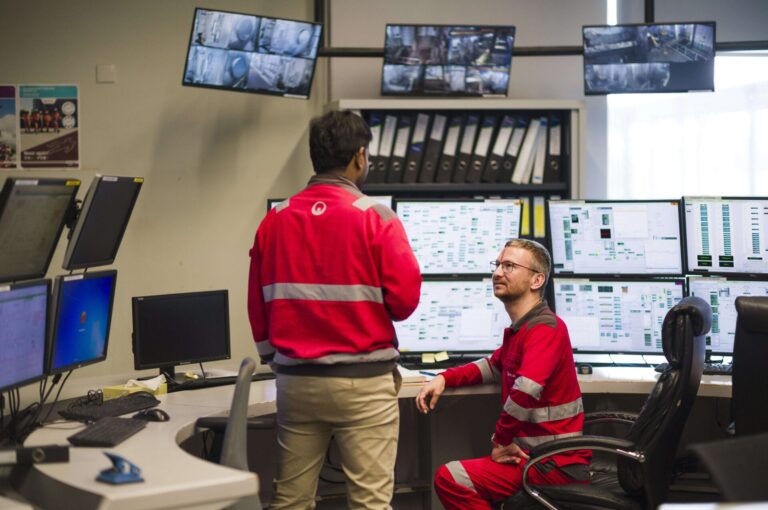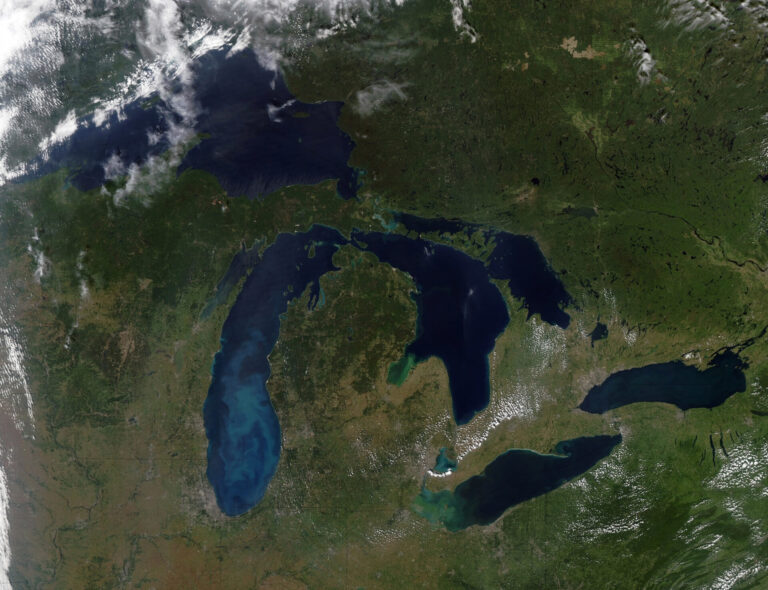For many Indigenous communities across Canada, water and wastewater systems tend to be relatively modest in size, geographically isolated, and underfunded. In recent issues, Water Canada has outlined some of the challenges operators face keeping these systems up and running, often for pay barely exceeding minimum wage, and almost permanently on call. Systems frequently operate on threadbare budgets, and some communities have been on boil water advisories for decades as band councils juggle multiple, equally urgent priorities.
As part of Water Canada’s ongoing series, please see:
A closer look at Canada’s water operator shortage
Zhiibaahaasing operator’s drive for safe drinking water
OFNTSC looks to decolonize water governance
As a water and wastewater technician with Pictou Landing First Nation near New Glasgow, Nova Scotia, Corbin Stevens has worked long hours for little more than minimum wage since he started as a summer student in 2015 after graduating from high school. “I was just doing simple stuff like cutting grass, painting hydrants, checking a manhole here and there, and helping the other operators from time to time,” Stevens recalls.
When summer ended, the Pictou Landing Band Council invited Stevens to stay on as a water and wastewater operator. He accepted the offer, and quickly undertook to study for his Level 1 Water Distribution certification so he would be fully qualified. He aced the exam, and while his salary climbed from minimum wage, $12.55 an hour at the time, to $17, he hasn’t had an increase since 2000.

Over the next few years, Stevens studied for several additional certifications to boost his knowledge of water and wastewater systems but stopped short of writing the exams. “It wasn’t mandatory to acquire the wastewater certification back then,” Stevens says, adding that Indigenous Services Canada, and not the provinces, oversees First Nations water and wastewater services and only within the last five or six years has begun to emphasize wastewater upgrades to conform to national standards.
Stevens has flourished on the job as a water and wastewater operator, checking for leaks and maintaining a variety of systems. “I do a lot of record keeping, such as the flow per day for wells and a lot of chlorine and turbidity testing as well as regular temperature checks.”
While Pictou Landing has had at least one other operator, Stevens found himself called upon almost constantly when alarms went off or issues arose. “I’ve never taken a sick day and I’ve never taken any week-long vacation or anything like that since 2019,” he says. “The phone’s going off constantly about something or other.”
This coming December, the landscape stands to change dramatically. There had been discussion for nearly 20 years about forming a First Nations water and wastewater utility, but Stevens says he was pleasantly surprised when a representative from the Atlantic First Nations Water Authority (AFNWA) approached him last year and told him Pictou Landing and other First Nations from Nova Scotia, New Brunswick, and Prince Edward Island were on the verge of a formal agreement for AFNWA to collectively administer and manage their water and wastewater operations. “They wanted to look at our system, so they would know more about it, and they told me they would be hiring me to look after the system (pending final ratification of the deal),” Stevens says.

The benefits have become immediately apparent for Stevens. The AFNWA’s stated pay scale will in some cases double current operator wages, and the Authority has already helped shepherd many operators to achieve higher levels of certification for both water and wastewater. AFNWA has covered course costs up front and provided expense reimbursement after they have passed their exams.
“I’m certified Level 2 across the board as we speak,” Stevens says, adding that he is slated to write his Level 3 exams in December. Most significantly for Stevens, however, is that the AFNWA has him on track for a career to not only oversee operations in Pictou Landing but also to provide his expertise to support operations for other member First Nations.
First Nations ownership
While nearly a dozen First Nations are set to join the AFNWA at its launch, with additional ones transitioning over the next couple of years, the Authority’s organization harkens back to the turn of the century. Carl Yates, who was lured to the role of interim CEO after 25 years as general manager of Halifax Water to help guide the AFNWA’s formation, says leaders from the region’s Mi’kmaq and Wolastoqiyik communities were acutely aware of the deadly E. coli outbreak involving the municipal water supply in Walkerton, Ontario in 2000. AFNWA Chiefs in Atlantic Canada took notice of this event as being typical of the situation faced in their communities and decided that First Nations ownership and control of the water and wastewater operations they depend upon would help ensure their health and wellbeing.
Community leaders worked through multiple studies, reviewed a patchwork of regulations in place across Canada, and assessed the condition of their water and wastewater assets as they considered what they would need to do to meet evolving guidelines and standards. Drawing on cultural and traditional values, the group considered potential governance and management structures, settled on a not-for-profit model, and engaged Halifax Water in a joint venture with Accelerator Inc. to steer the project through extensive consultations with community members, technical specialists, and federal government officials.
In July 2018, the AFNWA incorporated formally as a utility, worked to refine its business case, and in June 2020 reached a framework agreement with the federal government that served as a catalyst to make the whole enterprise possible. Under Yates’ guidance, the AFNWA prepared a ten-year business plan, complete with capital and operating budgets, and submitted it to the federal government with a request for long-term funding. “The understanding is to get away from the year-to-year ask for capital budgets,” Yates explains.
This long-term thinking quickly paid dividends, with the government allocating the fledgling authority $172 million in funding in the 2022-23 federal budget, announced last spring. “It was a line item unto itself and was a huge win for us,” Yates says, noting that, together with funds already earmarked by Indigenous Services Canada, the AFNWA currently has $257 million allocated for the ten years ending in March 2032.
Planned expenditures include a $13 million supervisory control and data acquisition (SCADA) system designed to collect, analyze, and visualize data pertaining to every water and wastewater system, from reservoirs and pumping stations to pressure reducing valve chambers and treatment plants. “It will monitor pressure, f low, chlorine residual, turbidity—all the physical and chemical parameters—across every facility in real time,” Yates says. “We’ve got quite a range of systems in our communities. Some have absolutely nothing in place for SCADA; others have modern systems but might not be fully utilizing the tools in front of them.” A key goal is to bring all member communities up to par so they meet the same recognized service and treatment standards and regulations. The funding will allow for improvements and upgrades to multiple facilities, including transitioning from wastewater lagoons to more mechanical systems.

Bringing multiple systems into a single organization also introduces economies of scale that enable bulk purchasing and coordinated planning. “We’re now more than the sum of our parts,” Yates says. “We can start to bundle projects like leakage control into programs to get better prices, more efficient implementation, and move more expeditiously with a longer-term view.”
The people who keep the systems running are also a priority. AFNWA’s compensation policy, included in its budget, is designed to offer pay rates and other terms that are competitive with regional municipal markets. “In a lot of cases, operators are making approximately 60 per cent of that wage today, on average,” Yates says. “In other words, they’re underpaid. So, we’re bringing in a formal pay structure. We’re going to pay time and a half for overtime and double time on statutory holidays, just like everybody else does.”
Operators will also receive badly needed time off. “One of the challenges not only with First Nations communities but with other small towns across the country is they often only have one or two operators,” Yates says. “If something happens to them, they’ve got no relief. If they want to take time off for training, they’ve got to find somebody to fill in. Sometimes they can’t even take a vacation. One community on its own doesn’t have the capacity, but put 17 together and you’ve got a different picture.”
As well, operators will receive the training they need to do their jobs effectively. Even though the AFNWA won’t formally employ its personnel until December 1, the utility is holding training workshops for operators who will be joining the utility and is rewarding those who attain certification. “Our compensation is based on skills-based pay. The more certification you get, the more we pay you, and we’ve got a few operators who are determined to get to the top of our pay scale before we even hire them.”
Looking on
While the AFNWA turns on its tap, Indigenous communities across Canada are watching, eager to see how things unfold. Deon Hassler, a circuit rider with the File Hills Qu’appelle Tribal Council, trains and mentors First Nations water and wastewater system operators across Saskatchewan. He says operators in the prairie province have organized informally as the Saskatchewan First Nations Water Association with a view to developing guidelines and eventually building some kind of over-arching structure to manage their own systems.
Hassler says the AFNWA’s early success provides a roadmap of sorts, but his group has opted for a decidedly grassroots approach. While the Saskatchewan association is liaising with water technicians, biologists, chemists, Health Canada, and even a few chiefs who have been water operators at one time or another, the intent at least initially is to bring front-line operator experience to the fore.
In British Columbia, Warren Brown has struggled with many of the same issues. As operations and maintenance manager with Lytton First Nation, he appreciates the time and effort it takes to put a structure like AFNWA into place. “It’s something we’ve discussed for this area as well, but we haven’t been able to get it working,” Brown says. “I’m hoping that they’ll make the booklet and blaze the path for us to follow.”
Kerry Black, assistant professor and Canada Research Chair in civil engineering in the Schulich School of Engineering at the University of Calgary, has spent considerable time working with Indigenous communities. She says comparable discussions are underway across Canada but points out that communities and regions vary considerably and so likely, too, will solutions.
“Atlantic Canada has 34 First Nations across several coastal provinces,” Black says. “This is different than Saskatchewan or Alberta, which have a higher number of remote and fly-in Nations. A water authority is going to look and feel different in Alberta than in Atlantic Canada or in Ontario or in British Columbia. The AFNWA is a really great example of how it can work within a regionalized context, though it’s not necessarily something that can work in all regions. We still need to look at different models and governance that can support locally relevant water solutions.”
Saul Chernos is a freelance writer with Water Canada.









